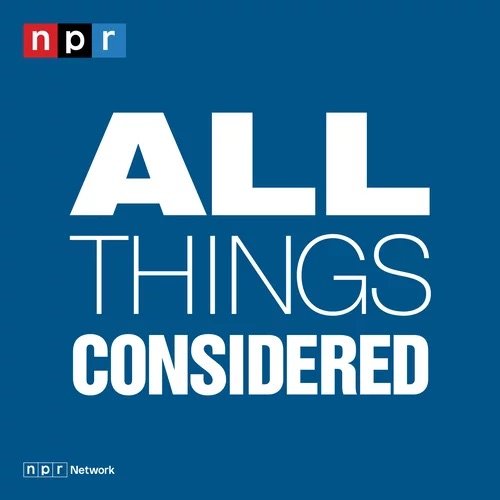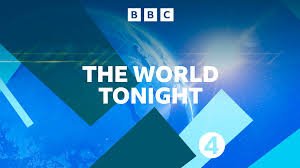Secure a political declaration to end the Korean War
Jean H. Lee, director Hyundai Motor-Korea Foundation Center for Korean History and Public Policy
The biggest prizes for Kim will be diplomatic as well as economic.
Kim, like Trump, craves a big dramatic and historic moment in which the two leaders, foes for seven decades, stand side by side to declare a political end to the Korean War. To be clear: Such a declaration would not serve as a peace treaty formally ending the war. But it would be enough for Kim to take home to his people as a propaganda victory.
Ending the Korean War was a goal neither his father nor grandfather accomplished before dying; to accomplish that task would cement his authority inside North Korea as a master statesman and military strategist.
Such a declaration would allow Kim to turn the country's focus away from war and toward the economy; it also would start the lengthy process of negotiating a formal peace treaty with China, the United Nations and the United States.
More importantly, Kim will be seeking economic concessions in return for rapprochement and promises to give up elements of his nuclear program. A lifting of crippling UN sanctions imposed on North Korea is a priority for Kim. Once sanctions are eased, South Korea in particular is poised to restart joint economic projects that could serve as an economic lifeline to Pyongyang as well as to rebuild North Korea's decaying infrastructure. In addition, Seoul must wait for concrete nuclear concessions from North Korea to justify lifting its own bilateral sanctions in place since 2010.
For Kim, a successful roadmap to denuclearization in Hanoi would pave the way for North Korea's return to the international fold, politically and economically, while delaying the complete relinquishing of his prized nuclear assets for many years to come.






















